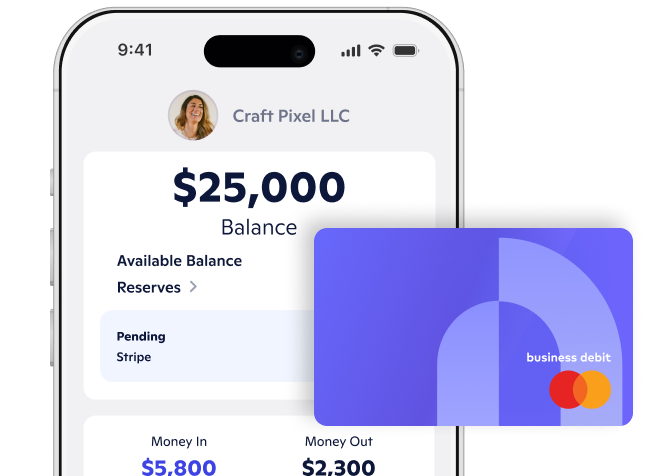
ven as a sole proprietor or a freelancer without a huge team to lead, teamwork can surface. You may find yourself working closely with a client, or you may need to step in and lead a project with a vendor. While the prospect of teamwork might intimidate and challenge anyone regardless of personality type, it can present a particular challenge to introverts. Understanding who you are, how you excel, and the structure or best practices to engage effectively with others can help you successfully navigate collaborative tasks and projects as a business owner. Cultivating awareness of and embracing your personality type (rather than working against it) will enhance how effective you are at working collaboratively with others.
There are pros and cons alike of being an introvert, an extrovert, or even an ambivert in social or professional situations. It’s common, though, for group settings to intimidate introverts more than other personality types. That said, countless introverts have conquered the public sphere, such as Susan Cain, author of Quiet: The Power of Introverts in a World That Can’t Stop Talking, which is a must-read for introverts trying to overcome social or professional anxieties.
How to reach your full potential in teams as an introvert
Understand Your Personality Type
They say that knowledge is power, and this is certainly the case when thinking about how to capitalize on your personality type. You can better position yourself in your workplace by understanding and embracing your introversion. Many introverts feel intimidated by busy external factors, extroverts themselves, and engaging in social tasks involving teamwork. However, by better understanding how you can embrace your introversion, tasks like public speaking, team meetings, and team-building activities will soon become second nature.
Schedule Downtime
Understanding that you can become overwhelmed and drained after extensive social interaction and group work is key to keeping any time that you do spend collaborating productive. A renowned introverted author, Susan Cain, proclaims the importance of making space for downtime in order to function at your highest capacity both in and outside of group work.
“Downtime” can include various activities depending on what works best with your schedule or work environment. Some forms of downtime or breaks from social interaction that you can do from home or at work include meditation, reading a book, going for a walk, or listening to a podcast or music. Aim for activities that both stimulate your mind and allow you to be alone. If you do so, you will be able to recharge and get the necessary breaks from consistent social interaction that introverts need.

Communicate With Your Team
Whether you work closely with your employees or manage a group of contractors, getting to know your teammates will mitigate resistance when communicating with them and relaying ideas or delegating tasks. From team meetings to brainstorming sessions, collaborative work will become less intimidating or draining if you’ve begun to develop a good rapport with your fellow team members.
Use Digital Communication
Digital communication and technology can serve as healthy mediums to manage your social interactions while still ensuring your voice is heard. You may have an easier time using email or systems like Slack. Because communicating digitally may be more comfortable, you may find more freedom expressing your ideas and overall voice better without the pressure of public speaking in a larger group settings. Although this is a beneficial tool for introverts, do not rely solely on digital communication. You still want to push yourself out of your comfort zone at times.
Take Risks
While it's never easy to step out of your comfort zone, aim to take risks and challenge your limitations. Over time, you probably will find yourself becoming more familiar and confident with leading your team or vendors, or collaborating with clients. What initially seems intimidating can become second nature if you tackle these challenges head-on. You can also start to step outside your comfort zone by simply engaging in small talk with someone who is an excellent public speaker. You may find yourself gaining more confidence seeing how they interact and conduct themselves in group situations. All that matters is that you start somewhere and work towards growing your skills.
Embrace Your Introvertedness
There is absolutely nothing wrong with being an introvert and truly embracing whatever personality type you have, regardless of social stigmas. Becoming a master of yourself is the only way to reach your full potential, whether in a work setting or in your personal life. While it may seem frustrating that extroverts can seamlessly participate in work-related social settings without adverse side effects, remember that each personality type has its limitations and struggles. Whether you are an introvert, extrovert, or ambivert, truly accepting yourself and understanding how you excel and challenge yourself will help you reach your full potential.
The Takeaway
As an introvert, social and professional situations can be draining and intimidating. But that doesn’t mean that these occasions will always be difficult. The above six tips will help you stretch your comfort zone while giving yourself the rest you need to stay centered. If you follow these guidelines, you’ll be a master of your personality type in no time.






